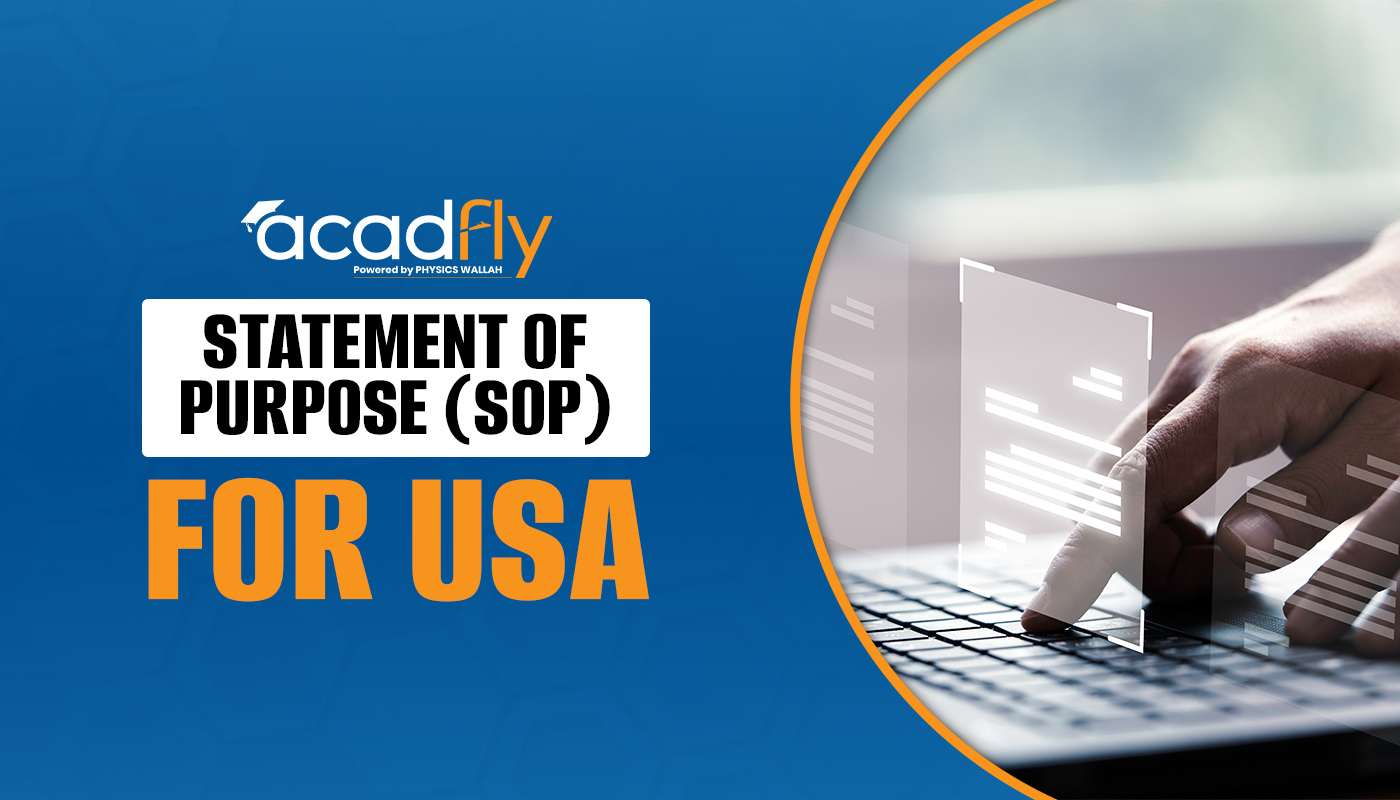

Studying Economics in Ireland opens up a world of opportunities for graduates, thanks to the increasing demand for skilled professionals in various sectors. The Economics career prospects in Ireland are diverse, ranging from roles in government and financial institutions to positions in multinational corporations. Graduates can leverage their analytical skills to excel in areas such as economic research, financial analysis, and public policy. With Ireland's strong economy and vibrant job market, aspiring economists can look forward to a rewarding career that not only offers financial stability but also the chance to make a significant impact on society.
Overview of Economist Jobs in Ireland
Economists play a vital role in understanding and analyzing how economies function. In Ireland, there are many opportunities for economists in various sectors, including government, private businesses, and research institutions. They study data and trends to provide insights that can help in decision-making. This demand for economists has grown due to the increasing complexity of economic issues faced by organizations.
In government roles, economists help shape policies that affect the economy and society. They work with public agencies to analyze the impact of new laws and regulations, ensuring that the decisions made are based on sound economic principles. This role is essential for creating effective policies that support economic growth and stability. Many government jobs for economists are available in departments focusing on finance, trade, and social welfare.
In the private sector, economists often work in financial institutions or consulting firms. They help businesses understand market trends, assess risks, and develop strategies for growth. Financial analysts, for example, use economic data to make investment recommendations and forecast financial performance. With the growth of industries like technology and pharmaceuticals in Ireland, the demand for economists in these fields is increasing.
Additionally, many economists find fulfilling careers in academic and research roles. They conduct studies that contribute to a deeper understanding of economic issues, publishing their findings in journals and presenting at conferences. Economic research jobs often require advanced degrees and can be highly competitive. Overall, economist jobs in Ireland offer a variety of paths, making it an exciting field for graduates to explore.
Understanding Economics Graduate Salary in Ireland
When considering a career in economics, it's important to understand the potential salary you can expect as a graduate. Salaries can vary based on factors such as experience, location, and the specific sector you work in. Here's a breakdown of key aspects that influence economics graduate salaries in Ireland.
Starting Salaries for Economics Graduates
Graduates entering the workforce in economics typically start with competitive salaries. Entry-level positions in government or financial institutions may offer decent compensation, but it often varies based on the specific job and employer. Those with internships or relevant experience might command higher starting salaries.
Sector-Specific Salary Differences
Salaries can differ significantly across various sectors. Economists in the private sector, particularly in finance and consulting, tend to earn higher salaries compared to those in government roles. Understanding these sector-specific differences can help graduates make informed career choices.
Impact of Further Education
Obtaining advanced degrees, such as a Master’s or Ph.D., can lead to higher salaries and better job opportunities. Graduates with specialized skills or qualifications often stand out in the job market, enabling them to negotiate better compensation packages.
Geographic Salary Variations
The location of the job can greatly affect salary levels. Major cities like Dublin tend to offer higher salaries due to the cost of living and concentration of industries. Graduates should consider both salary and living costs when evaluating job offers in different regions.
Salary Growth Over Time
As economists gain experience, their salaries typically increase. Those who excel in their roles may receive promotions and additional financial benefits. Understanding the potential for salary growth can motivate graduates to pursue long-term careers in economics.
Exploring Economic Research Jobs in Ireland
Economic research jobs play a vital role in analyzing data and informing policy decisions. For those interested in pursuing a career in this field, understanding the key aspects of these roles is essential. Here are some important points to consider regarding economic research jobs in Ireland.
Diverse Employment Sectors
Economic researchers can find opportunities in various sectors, including government agencies, private companies, and non-governmental organizations (NGOs). Each sector offers unique challenges and focuses, allowing professionals to tailor their careers according to their interests and values.
Required Skills and Qualifications
To excel in economic research, candidates typically need strong analytical and quantitative skills. Proficiency in statistical software and data analysis is often essential. Additionally, a relevant degree in economics or a related field is usually required for entry-level positions.
Types of Research Roles
There are various roles within economic research, such as policy analysts, data analysts, and research economists. Each role involves different responsibilities, ranging from data collection and analysis to presenting findings to stakeholders. Understanding these distinctions can help candidates choose the right path.
Career Progression Opportunities
Economic research positions often provide pathways for career advancement. With experience, professionals can move into senior roles, such as project managers or research directors. Pursuing continuous education and networking can enhance growth prospects in this field.
Impact on Public Policy
Economic researchers play a critical role in shaping public policy. Their analyses and recommendations can influence government decisions and improve societal outcomes. Those passionate about making a difference may find this aspect of the job particularly fulfilling.
Government Jobs for Economists in Ireland
Economists play a crucial role in government by analyzing data and advising on policy decisions. There are various job opportunities available for economists in the public sector. Below is a table summarizing some of the key government jobs for economists in Ireland.
|
Job Title |
Description |
Requirements |
|
Economic Analyst |
Analyzes economic data to inform policy decisions. |
Degree in economics or related field. |
|
Policy Advisor |
Provides advice on economic policies to the government. |
Strong analytical skills and experience. |
|
Research Economist |
Conducts research on economic issues and trends. |
PhD in economics preferred. |
|
Budget Analyst |
Assists in budget planning and financial analysis. |
Experience in finance or economics. |
|
Economic Development Officer |
Works on strategies to promote economic growth. |
Knowledge of economic development. |
|
Labour Market Economist |
Studies labor market trends and employment policies. |
Degree in economics or labor studies. |
|
Public Finance Economist |
Analyzes government revenue and expenditure. |
Strong background in public finance. |
|
Economic Policy Researcher |
Conducts studies on economic policies and their impacts. |
Advanced degree in economics preferred. |
|
Statistician |
Analyzes data to provide insights for economic planning. |
Degree in statistics or related field. |
|
Fiscal Analyst |
Evaluates fiscal policies and their economic implications. |
Background in economics or finance. |
Career Opportunities in Financial Analysis in Ireland
The field of financial analysis in Ireland offers diverse opportunities for professionals looking to make an impact in finance. With a growing economy, the demand for skilled financial analysts is on the rise. Here are some key career opportunities in this sector:
1. Investment Analyst
Investment analysts evaluate investment opportunities and provide recommendations based on financial data. They work for banks, investment firms, and corporations, analyzing market trends to guide investment decisions.
2. Corporate Financial Analyst
Corporate financial analysts focus on internal financial analysis within companies. They prepare budgets, forecasts, and financial reports, helping management make informed business decisions.
3. Risk Analyst
Risk analysts assess financial risks that companies may face. They analyze data to identify potential risks and develop strategies to mitigate them, playing a crucial role in financial planning.
4. Equity Research Analyst
Equity research analysts focus on stock markets, analyzing publicly traded companies. They provide insights and recommendations for investors, helping them make informed decisions on buying or selling stocks.
5. Financial Planning Analyst
Financial planning analysts help individuals and businesses plan their financial futures. They assess financial goals, develop investment strategies, and provide advice on savings and retirement plans.
Frequently Asked Questions
1. What types of jobs can economics graduates find in Ireland?
2. How is the job market for economists in Ireland?
3. What is the average salary for economics graduates in Ireland?
4. Are there specific industries hiring economists in Ireland?
5. What skills are important for a successful career in economics?









